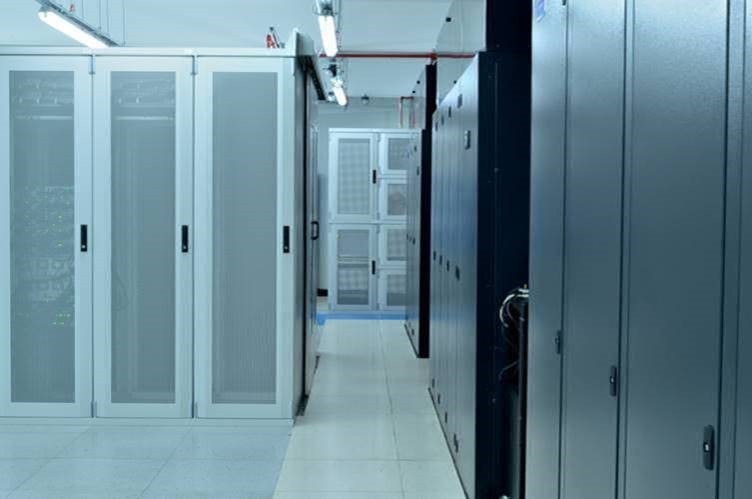A data centre in Manchester has become the first in the UK to install a hydrogen-ready fuel cell.
Cloud hosting and data centre operator Teledata is working with Conrad Energy, Electricity North West (Construction & Maintenance) Limited and Bloom Energy to install the scalable 1.2MW hydrogen-ready fuel cell microgrid at its Wythenshawe facility.
The move builds on the installation of a number of energy-saving measures brought in by the company, including the installation of a 2MW smart energy battery storage system in 2019.
“The fuel cell solution not only reduces our carbon emissions through a cleaner, hydrogen-ready fuel supply, but it also gives us a second power feed into the facility from a completely different fuel source,” Matt Edgley, director for Teledata, said.
“This level of resilience running in parallel with the existing mains supply will give our clients even more certainty when hosting business-critical equipment at our data centres.”
Solid oxide fuel cell technology such as the hydrogen-ready cell being installed at the Wythenshawe facility use an electrochemical process without combustion to convert fuel to electricity. They are made up of an electrolyte, an anode and a cathode, and warmed air enters the cathode side of the fuel cell, while steam mixes with the fuel entering the anode side to produce reformed fuel. As this fuel then crosses the anode it attracts oxygen ions from the cathode, which combine to produce electricity.
The installation of the technology has come about as the result of a collaboration between Teledata and Conrad Energy, which itself recently signed a partnership with Bloom Energy and ENWCML.
“Forward-thinking companies like Teledata recognise the need to future-proof their energy supply whilst taking control of their energy costs,” said Mark Kelly, Conrad Energy’s head of power solutions. “On-site generation from fuel cells is a viable solution which is available today. The fuel cell will operate under a long-term Power Purchase Agreement (PPA) which brings real added value, helping Teledata on their path to net zero carbon emissions.”
The potential for hydrogen to help decarbonise sectors with high energy demand such as data centres is increasingly being recognised in the energy sector. This was bolstered by the release of the government’s Hydrogen Strategy in August 2021.






